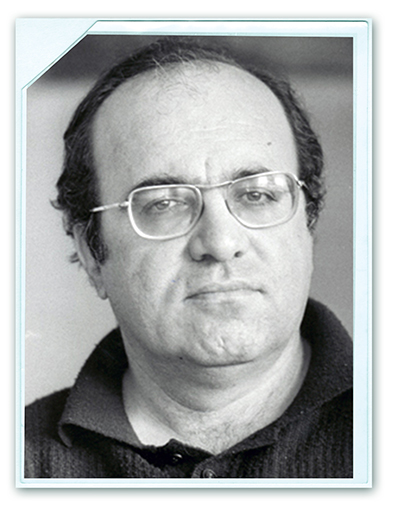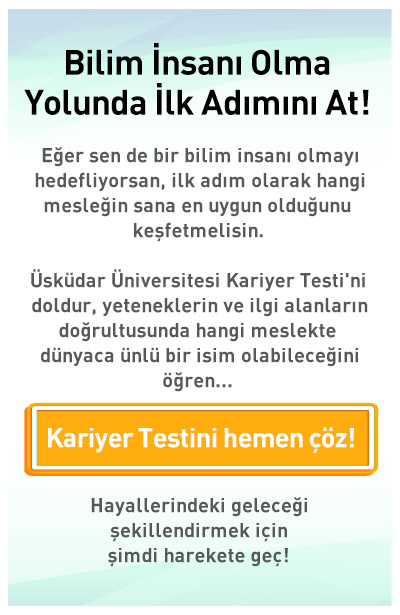Uğur MUMCU 1942-1993
Who is Uğur Mumcu who is a journalist, author and one of the pioneers of investigative journalism in Türkiye? What are his works and subjects? On which subjects has he come to the fore with his research? Why and how was Uğur Mumcu killed?
Who is Uğur Mumcu?
He was born on August 22, 1942, in Kırşehir. After graduating from Ankara Devrim Primary School, Cumhuriyet Secondary School and Ankara Bahçelievler Deneme High School, he started his education at Ankara University Faculty of Law in 1961. While he was a student, he won the Yunus Nadi Award for his article published in Cumhuriyet newspaper on August 26, 1962. In 1963, he was elected president of the Faculty Student Association. He graduated in 1965. Between 1969 and 1972, he worked as an assistant at Ankara University Faculty of Law.
Uğur Mumcu's Journalism
Mumcu, who was a columnist for the newspaper "Devrim" under the direction of Doğan Avcıoğlu before the March 12 Memorandum was issued, was arrested and put on trial after the Memorandum. That's why he completed his military service as an " unconvenient infantryman" in Ağrı Patnos. After his military service, Uğur Mumcu worked as a columnist in the newspaper "Yeni Ortam" and worked at Anka Agency. From 1975 onwards, he started to write regularly in the column titled "Gözlem" in Cumhuriyet newspaper.
In his writings, Uğur Mumcu both expressed the problems and addressed the unlawful and illegal practices. During this period, , he explained the events that were the subject of the investigation in a language that ordinary people could easily understand with the contribution of his legal education, while at the same time he continued to write on the issues he dealt with by following the idea until they were concluded. Mumcu, who aimed to write and convey only the facts independently of any power center, political party, formation, or organization, adopted the discourse of "one cannot have an idea without knowledge" as his basic principle.
Works by Uğur Mumcu
In 1975, the book "Mobilya Dosyası", which he prepared with Altan Öymen, was published while working at Anka Agency. The work was about the fictitious furniture exports of Yahya Demirel, the nephew of Süleyman Demirel. Thus, the concept of "illusionary export" entered the agenda of the public.
In 1975, the book " Suçlular ve Güçlüler", which describes the March 12 period, was published. In 1977, his books "Sakıncalı Piyade" and "Bir Pulsuz Dilekçe" were published. Mumcu, whose book "Büyüklerimiz" was published in 1978, closely followed the terrorist incidents that took place in the period leading up to September 12. Realizing that the source of terrorism and violence was arms smuggling, Mumcu wrote many columns and series of articles on this subject.
His book "Çıkmaz Sokak", in which he reflects on the experiences of youth leaders before and after the March 12 period and draws attention to the fact that armed actions will not lead anywhere, was published in 1979. In 1981, he compiled his works with the books "Silah Kaçakçılığı ve Terör" and in 1982 "Terörsüz Özgürlük".
In 1981, after the assassination of Abdi İpekçi, Mehmet Ali Ağca, attempted to kill the Pope in Italy, he intensified his studies and research on Ağca. In 1982, his book "Ağca Dosyası" was published, and in 1983 he interviewed Ağca in prison.
In 1987, his books "Rabıta" and "12 Eylül Adaleti", which were considered a great success in terms of investigative journalism, were published, and in 1991, one of his most important research projects, "Kürt-İslam Ayaklanması 1919-1925".
He left Cumhuriyet newspaper in 1991 due to a crisis in his management. Between February 1 and May 3, 1992, Mumcu temporarily wrote for Milliyet newspaper and returned to Cumhuriyet on May 7, 1992.
Assassination of Uğur Mumcu
On January 24, 1993, he was assassinated in front of his house on Karlı Street in Ankara as a result of the explosion of a bomb placed in his car. Before he was killed, he was working on the issue from a point of view in which he distinguished between the PKK and the Kurdish issue.

